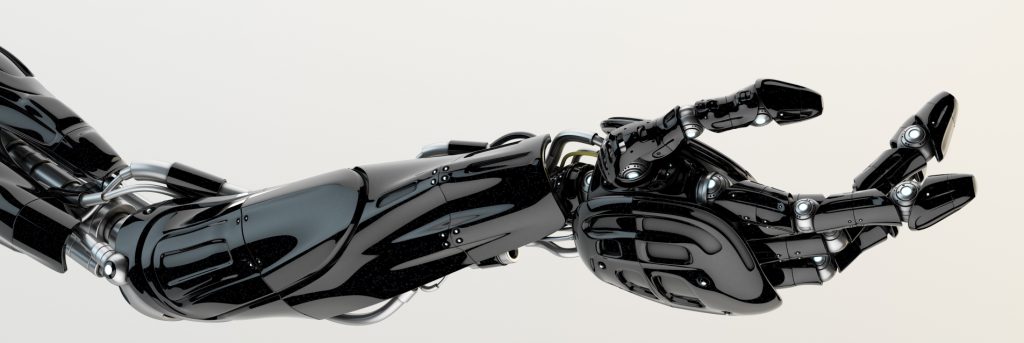A Wharton Professors Asks The Difficult Question: How Do We Save Good Jobs?

Automation, currently, is something close to an unanswerable quandary. Whether it’s not being properly addressed by businesses and government officials, or if the current solutions just aren’t viable, a host of distinguished experts has been leaving a trail of warnings—it’s coming, and we aren’t how to save good jobs.
The conceit of the problem is simple and apparent: advancement in technology is increasing job efficiency but making certain positions irrelevant or soon to be irrelevant. This has already happened in the manufacturing industry to certain degrees, but it isn’t limited to hard-line blue collar jobs. White collar jobs like accounting are also on the potential automation chopping block. With tech advancements showing no signs of slowing down, how to handle this newfound dilemma is ever-pressing, writes Wharton School professor Peter Cappelli.
Addressing how to save good jobs in a new automation age on LinkedIn, Cappelli writes;
”So far, the options for what to do about the loss of good jobs are pretty bad. Changes in trade policy have lots of drawbacks, but even if they could be enacted, they won’t address the massive productivity-driven job losses in industries like manufacturing. Retraining workers who lose jobs sounds like a good idea if there were lots of good jobs available for which they could be retrained. But that has not been the case, and it is unlikely to be so in the foreseeable future. What can we do to help increase the number of good jobs in the United States?”
One of the provincial problems with trying to save good jobs is how employers play a direct role. After all, those in charge choose whether or not to use automation to their own benefit. “Why have businesses been so inclined to go in that direction?” he asks. “Because we’ve stacked the deck with policy decisions that favor buying equipment over investing in employees and management.”
Cappelli’s point may sound like it’s trying to drive a moralist nail into the problem, but he also argues that improving job training and management is also supremely beneficial to businesses. But an investment-center culture often prevents that.
”But if I wanted to see investments in training and in management, where would I find those? You can’t.”
“But the management challenges of investing in people and systems are also its saving grace,” he claims. “Any competitor can call up a vendor and get the latest robot, so it can’t be a source of competitive advantage for long, if at all. Interventions that are challenging to pull off like better management of the workforce can be. That makes them work in the long term for business and their employees.”
Click here to read the rest of Cappelli’s piece.
